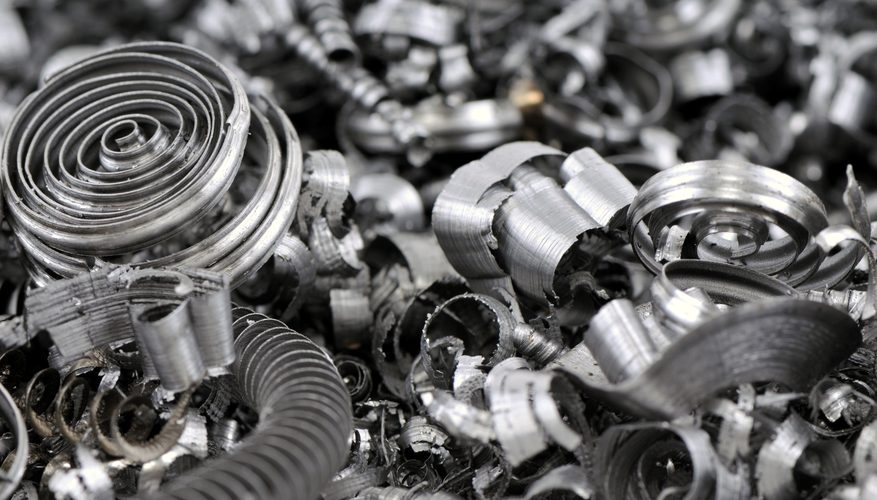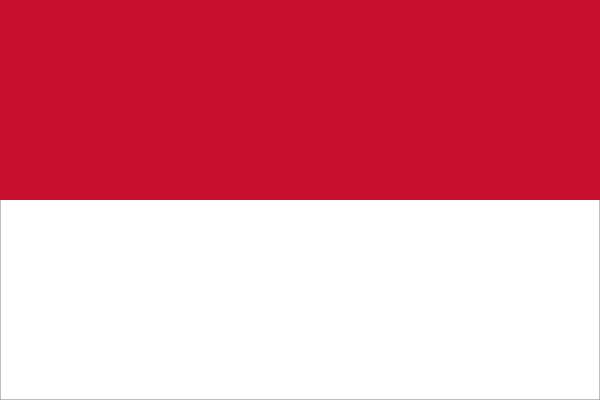
Indonesia: Govt Imposes New Regulations on Scrap Import; Market Perplexed

This is creating a panic situation in the scrap market of the region, as the market players interpret the implications of the new regulations on the scrap trade dynamics. Few of the important pointers highlighted in the regualtions are:
1. Prevent import of toxic material - In order to improve the business climate and national competitiveness and business certainty, it is necessary to regulate the import of non-hazardous and toxic waste as industrial raw materials.
2. Necessitates cargoes to originate from exporters registered in their home countries - Waste as Industrial raw materials must originate from exporters that are registered in their home countries It should contain company identity, country of origin, loading port, name & address of the exporter, port of import destination etc. This it necessitates the cargoes to originate only from exporters registered in their home countries, failing which, the cargo may be required to be re-exported, under the new regulations.
3. Disallows transhipments - Waste as Industrial Raw Material must be transported directly (direct shipment) to the specified destination port. In the case that the import of waste as industrial raw material is proven not to be transported directly (direct shipment), the waste as Industrial Raw Material must be re-exported by the importer.
Currently most of the deep-sea shipments from Europe and North America are required to be trans-shipped from Malaysian and Singapore ports to Indonesia.
The major impact of the said changes in regulations will be deep-sea containerized cargoes of ferrous scrap becoming less viable and hence losing preference among importers and steelmakers in Indonesia.
It is reported that many steel mills have protested against the new regulations and its impact, or otherwise requested further clarity on their concerns about the same. However other market sources are expecting that this might get postponed for fetching further clarity.
Indonesia imports around 2-2.5 MnT ferrous scrap, with Hong Kong, Singapore and China being major suppliers to the country, however in 2018, UK observed a 470% Y-o-Y jump in scrap exports to Indonesia.



Trump weighs using $2 billion in CHIPS Act funding for critical minerals

Codelco cuts 2025 copper forecast after El Teniente mine collapse

Electra converts debt, launches $30M raise to jumpstart stalled cobalt refinery

Barrick’s Reko Diq in line for $410M ADB backing

Abcourt readies Sleeping Giant mill to pour first gold since 2014

Nevada army depot to serve as base for first US strategic minerals stockpile

SQM boosts lithium supply plans as prices flick higher

Viridis unveils 200Mt initial reserve for Brazil rare earth project

Tailings could meet much of US critical mineral demand – study

Kyrgyzstan kicks off underground gold mining at Kumtor

Kyrgyzstan kicks off underground gold mining at Kumtor

KoBold Metals granted lithium exploration rights in Congo

Freeport Indonesia to wrap up Gresik plant repairs by early September

Energy Fuels soars on Vulcan Elements partnership

Northern Dynasty sticks to proposal in battle to lift Pebble mine veto

Giustra-backed mining firm teams up with informal miners in Colombia

Critical Metals signs agreement to supply rare earth to US government-funded facility

China extends rare earth controls to imported material

Galan Lithium proceeds with $13M financing for Argentina project

Kyrgyzstan kicks off underground gold mining at Kumtor

Freeport Indonesia to wrap up Gresik plant repairs by early September

Energy Fuels soars on Vulcan Elements partnership

Northern Dynasty sticks to proposal in battle to lift Pebble mine veto

Giustra-backed mining firm teams up with informal miners in Colombia

Critical Metals signs agreement to supply rare earth to US government-funded facility

China extends rare earth controls to imported material

Galan Lithium proceeds with $13M financing for Argentina project

Silver price touches $39 as market weighs rate cut outlook

















